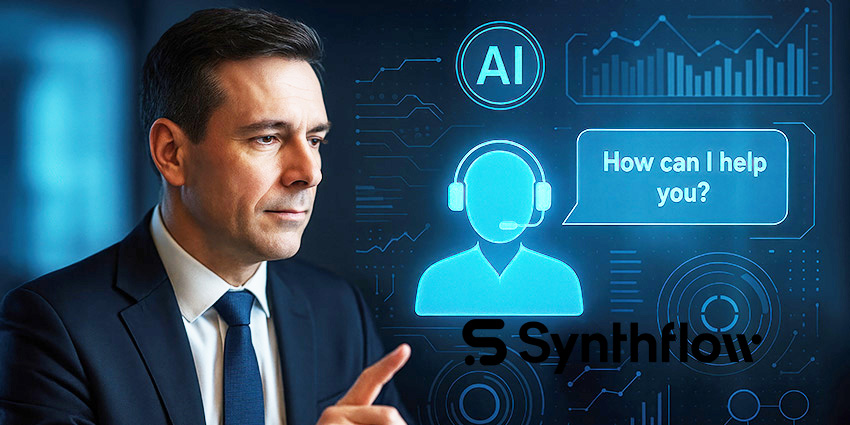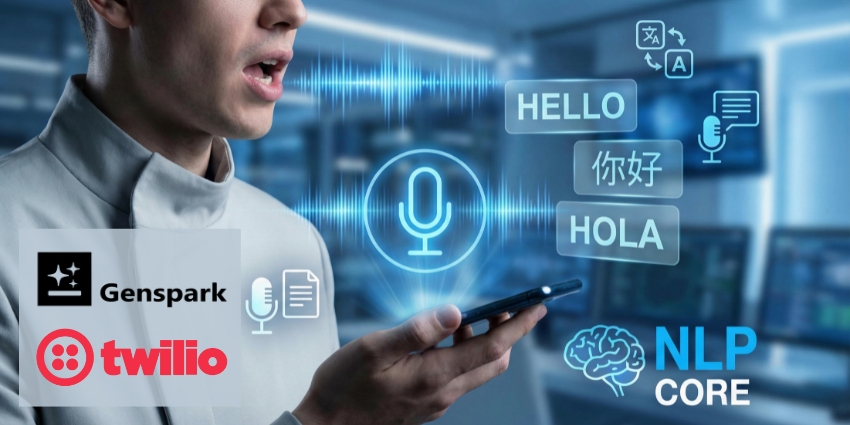We are all getting lazier, according to The Michigan Daily, at least.
Whether it be voice-activated smart appliances, virtual assistants to help lighten the workload, or machine customers to do our online shopping – people are constantly looking for ways to make their lives more efficient, and contacting customer service departments is no different.
Witnessing these new customer habits, Chief Operations Officer at Turo – the world’s largest peer-to-peer car-sharing platform Julie Weingardt recognized the value in creating a more dynamic, omnichannel customer experience.
Easier said than done, of course. Indeed, in the UK, just a third of contact centers are omnichannel – according to market researcher ContactBabel.
Yet, Turo achieved it with UJET, and then started layering conversational AI over the top to magnify the efficiencies of its omnichannel foundations.
In conversation with the CCaaS provider, Weingardt revealed that the overarching focus on reducing customer effort made these conversational AI efforts a success.
“I really find that the old ways of measuring customer experience success are quickly getting replaced with lots of talk about customer effort,” she said.
While this was a step in the right direction, she felt that in order to significantly lower customer effort, she needed a system that could seamlessly blend live and virtual agents.
Blending Live and Virtual Agents to Lower Customer Effort
Weingardt describes the integration of chat, call, and SMS within UJET’s platform as a real “game changer”; praising the vendor’s focus on the overall user experience, rather than looking to sell individual components. She stated:
“Sometimes products say they integrate, and they do, but they don’t necessarily do it well.”
The success of UJET’s integrated system is clear for all to see. By deploying virtual assistants to authenticate customers before being transferred to a live agent, Turo’s average call handle time decreased by 2.7 percent, while its average chat handle time dropped by over four minutes.
Moreover, SLA percentages in call and chat both saw healthy increases, with abandonment rates also dropping.
Away from KPIs, another major benefit has been the impact on real-time workforce management. The platform enables Turo’s CX department to identify the different call and chat types they are receiving, as well as being able to pinpoint precisely where their agents are – allowing them to effectively allocate the workforce to where the work is.
UJET’s dashboard also contains detailed historical data that helps the CX team to outline precisely why customers are contacting them.
Weingardt explains how this data is being used to impact customer effort: “A very well-built IVR allows us to use that data to find ways to help the customer more effortlessly.
“What’s been wonderful here at Turo is to actually be able to make those changes and have a team that’s empowered to make decisions based on what we know will be best for the customer experience.”
Moving forward, Weingardt will focus on continuing to empower her team and emphasizing the difference that the customer experience improvements UJET’s platform can make, not only for the customer and the service agents, but also for the company’s bottom line:
“[I want to] be able to explain how that customer experience increases revenue, can reduce costs, and can really be that mechanism that drives up NPS and is the reason that people really come to your brand,” she concluded.
By providing an easily navigable platform that houses all of your customer contact points, UJET’s software is one of the sector’s premier solutions for reducing customer effort and improving CX.
2023 G2 reports reflect this, indicating that UJET boasts the highest NPS score in the industry.
Learn more about UJET’s CCaaS platform and virtual agent portfolio by visiting: https://ujet.cx/.







